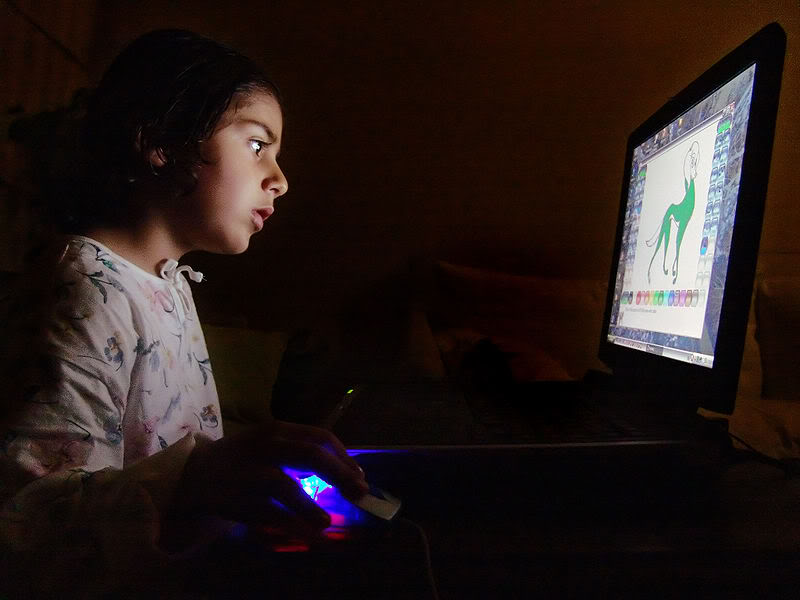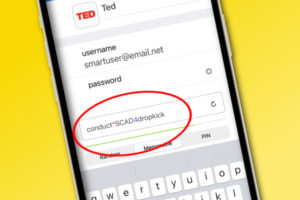Okay, I’ll say it – it totally freaks me out as a mom.
Related: Easy Internet safety tips for families you can start using right now
The challenge is knowing where to start on educating our kids about internet safety. So I was so happy to sit down with Ryan Moreau, an internet safety expert who’s worked for years with all kinds of school districts and police departments to get the real scoop on some truly helpful internet safety basics for parents.
What are three simple steps that parents can take to make their family computer safer?
1. Keep your computer in a high traffic area in the house so you can keep track of what’s going on.
2. Establish a set of guidelines with your kids, and be a part of what your children are doing online.
3. Ensure that all safety settings and security features are enabled on the programs your kids use.
Related: How to talk to teens and tweens about tech use
What are your thoughts on sharing photos and other personal information on sites like Facebook?
The first step to staying safe is to ensure that you keep privacy settings on personal accounts and limit access to [only] friends and family.
However, even with privacy settings, you should still be careful – think of all the material you post as pieces to a puzzle. Think twice
about what you post and consider: Is there anything in this picture, post, or video that will tell the world too much personal information
about my family?
What’s a good age for parents to start talking to and educating their kids about internet safety?
It’s never too soon to start talking to your kids about internet safety. Before age 10, parents should guide and be a direct part of
their kids’ online activity. For older kids, parents should ensure that they engage in a regular dialogue with their kids about their online habits. An open dialogue is is the key to ensure that kids will speak to their parents about issues they encounter online.
What are the five most important things parents should make sure their kids know before sending them off to surf the web?
Before I share these points, your kids need to understand that they can come to you whenever they encounter anything that’s uncomfortable or harmful. Approximately 70% of kids say they wouldn’t talk to their parents about a problem online for fear that they’d lose computer privileges.
1. The Internet remembers everything we post on it, forever.
2. The Internet will share everything we tell it with anyone who asks, even if they are not our friends.
3. Once we post something online, we can never take it back.
4. Not everyone online is a friend, or who they say they are.
5. It’s always okay to talk to an adult about something bad on the Internet.






Internet safety for children should be one of our top priorities as parents and community members. I wrote a similar article in June 2010 during National Internet Safety Month — you can see it here:
https://desireeallen.com/national-internet-safety-month/